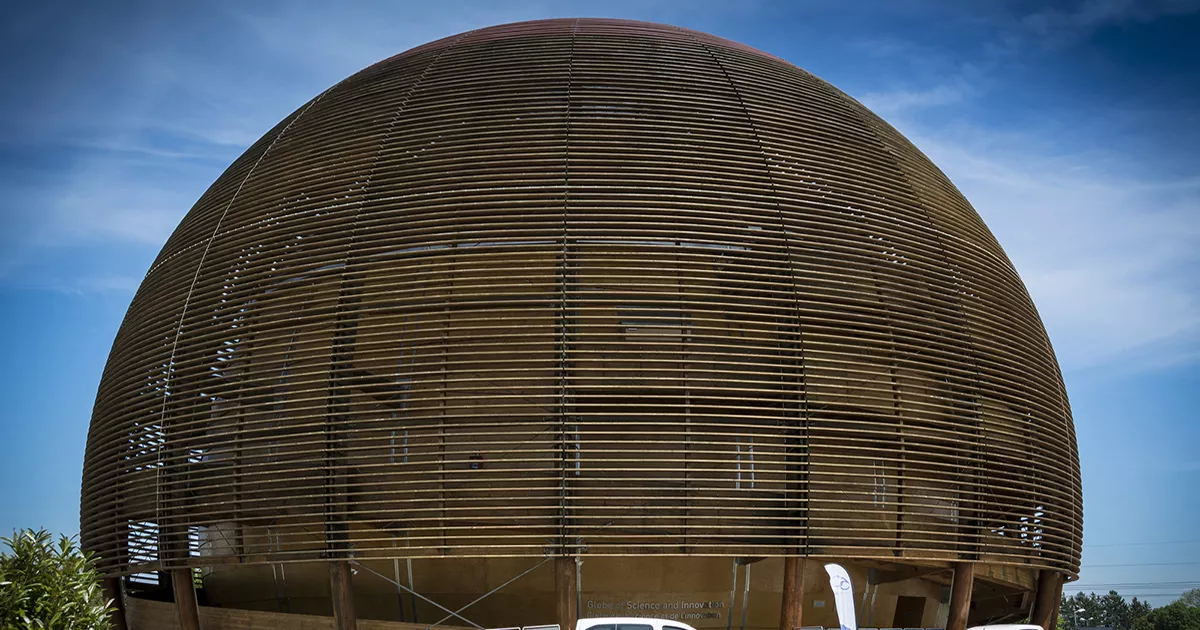The Geneva-based CERN, an international laboratory for high-energy physics research using state-of-the-art technology and the latest scientific findings, has reached another milestone: on 19 June 2020, the CERN Council of 23 Member States, including Hungary, formally accepted the European Strategy Plan for Particle Physics Update), which will largely determine the future operation of the laboratory and the discipline.
The strategy now adopted is also particularly important because it will set the main courses of development over the next decade. The document highlights the importance of further developing technical solutions for accelerators, detectors and data processing systems, as this is the only way to ensure that the successor to the Large Hadron Collider (LHC) currently in use can be built in 10-20 years and new elementary particles that are heavier than the Higgs boson can be discovered. In order to dramatically increase the particle energies achieved by the accelerator, revolutionary innovations must be developed and implemented in the decade to come. Until this is achieved, we will continue to study the elementary structure and building blocks of nature with the equipment of the LHC, which has recently been renovated and will be operational again from early 2021.

Nearly 100 researchers, engineers and IT specialists from Hungary are continuously involved in exploratory and development activities at CERN. The implementation of the new Strategic Plan will open up great opportunities for Hungarian research centers to contribute to some world-class projects in Hungary, thereby helping to further the scientific mission of CERN and the international community. The Wigner Data Center has been an excellent example of this in recent years as it has supported the data analysis work at CERN by providing huge computing capacity. It has since become one of the leading servers in the Hungarian research community (see Academic Cloud). Hungarian researchers are currently working on new types of accelerator methods (laser-plasma accelerator), detector solutions (specialized silicon pixel sensors) and revolutionary information technology methods (application of artificial intelligence and machine learning in data analysis). These activities are of paramount importance not only for theoretical research but also for the development of numerous other fields, such as medicine, information technology and AI applications, as these are areas that have already benefited greatly from the results of particle physics research and innovative solutions.
The development and transformation of laboratories accommodating research and development activities that fit into the new strategic plan are in progress, and the main location for these preparations is the Wigner Research Centre for Physics. The Ministry for Innovation and Technology (ITM), The National Research, Development nad Innovation Office (NKFIH) and the newly formed ELKH provide effective support for the successful implementation of research in Hungary and to ensure an active presence in CERN.
The CERN press release is available in English and French at cern.ch.
Source: wigner.hu